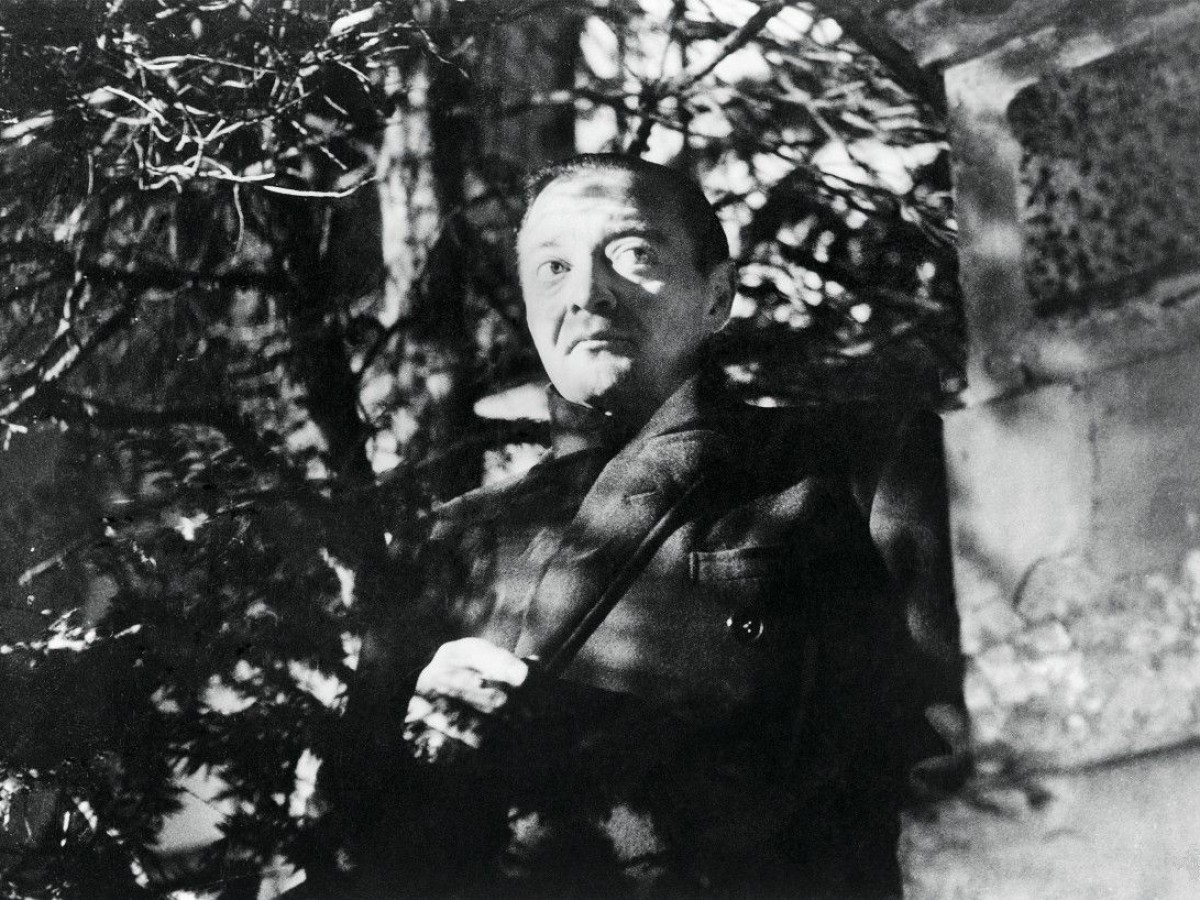Germany at Night
A Film History
March 5 to April 8, 2010
To propose a “different” history of German cinema is by necessity experimental. The revisionist attempt at hand treats existing traditions as a kind of quarry and abandons any hope of proposing a rounded whole. Germany at Night, on the one hand, challenges the German film canon which (in spite of several important rediscoveries), has become even more sedentary during the last decade. On the other hand, the fragile, ambiguous images of history that appear in many films of the retrospective may also serve as a modest antidote to the myth-making prevalent in German television and cinema today. Critical memory vs. somnambulant conformity; unfettered gestures of cinematic thoughtfulness and presence vs. the self-assured “know-it-all” position towards history as embodied by German blockbusters such as Downfall or The Baader Meinhof Complex.
German cinema: a nocturne, a passage through gray areas and various states that were all Germany – the Weimar Republic, the “Third Reich,” the Federal Republic of Germany , the GDR. A cozy feeling of home cannot take hold, rather there is a sense of alienation or an increasingly obsessive longing. The tangled threads brought together in this program may perhaps join up in the ever-present anxiety and failure of reconciliation also felt by Heinrich Heine, exiled in Paris: “Should I think of Germany at night / it puts all thought of sleep to flight.”
Established masters such as Fritz Lang or F.W. Murnau, and icons of the New German Cinema such as Fassbinder, Kluge, Herzog and Schroeter have as much vested in this restlessness as those flickering figures that each succeeding generation discovers anew, and often returns to oblivion: Phil Jutzi, Frank Wysbar, Peter Pewas or Roland Klick. Those who returned from exile after the war – Peter Lorre, John Brahm or Robert Siodmak – as well as the foreigners who worked in Germany during the seventies and eighties, such asSohrab Shahid Saless or Želimir Žilnik. Those, whose radical view of Germany came ‘from the outside’ (such as Jean-Marie Straub and Danièle Huillet) and those like Herbert Achternbusch, who cast an ‘insider’s stare’ until their homeland would take notice. The unredeemed families (Veit and Thomas Harlan) and those who counter them – through a belated late remake (Christoph Schlingensief’s paraphrase of Opfergang) or through self-reflexive parallel action (Robert Kramer’s Unser Nazi, commissioned by Thomas Harlan as a mirror-film to his own Wundkanal). And in-between: outsider films made by well-known directors, such as Helmut Käutner’s Schwarzer Kies (1961) which drew the collective hatred of film critics at the time, and whose ‘moment’ only arrived 40 years later.
In an analogue to Romuald Karmakar’s oeuvre, the program devotes as much space to documentary and essay films as to narrative cinema. Two key films from East and West Germany about the reality of genocide will be presented, films with a ‘canonical’ reputation but hardly seen: Eberhard Fechner’s Der Prozess (1975-84) and Walter Heynowski and Gerhard Scheumann’s Der lachende Mann (1966). Germany at Night unearths small treasures of left-wing Weimar film culture (by Albrecht Viktor Blum and Ella Bergmann-Michel) and brings to light works which were actively suppressed at the time of their completion, such as Thomas Heise’s Volkpolizei (1985) or Želimir Žilniks Öffentliche Hinrichtung (1974). The program also pays tribute to another key document: Unversöhnliche Erinnerungen (1979) by Klaus Volkenborn, Johann Feindt and Karl Siebig. This film examines two parallel German lives: that of a Nazi general who continued in his job during the democratic era and a communist bricklayer who could hardly make ends meet after the war. Both had fought in the Spanish Civil War, but their stories can’t be merged; the audience gazes into a wound that will not heal.
Some of the works selected are direct references to Romuald Karmakar: Peter Lorre’s Der Verlorene and Fassbinder’s Händler der vier Jahreszeiten are among his favorite films; Siodmak’s Nachts, wenn der Teufel kam and Utopia by Sohrab Shahid Saless were studied by Karmakar and his creative team during preparation for Der Totmacher and Ramses. In other cases the relationships are more speculative: nothing in Karmakar’s work indicates an interest in Georg Büchner, yet watching his films, the poor soldier Woyzeck might appear as a distant relative. Groups and couples of films – such as the two selected Woyzeck films – structure the selection, and sometimes the associations reveal an entire network. The volcano at the end of Achternbusch’s Das letze Loch leads perhaps to Hölderlin’s Tod des Empedokles as adapted by Straub/Huillet; Hölderlin and Straub, in turn, might lead to Christian Geissler, one of the great forgotten figures of German literature, and to his teleplay Wilhelmsburger Freitag, directed by Egon Monk in 1964: one day in the life of a couple, with a radical ending – a strange mirror of Karmakar’s Die Nacht singt ihre Lieder.
This program is designed in a fragmentary manner – no monuments shall be erected. It is more about process, dialogue, questions than any definitive answers. It intends to evoke the rich culture that German cinema represented once upon a time – including all the personalities that did not quite ‘fit in’ (or fit too well). A few shards of this culture are gathered here.


